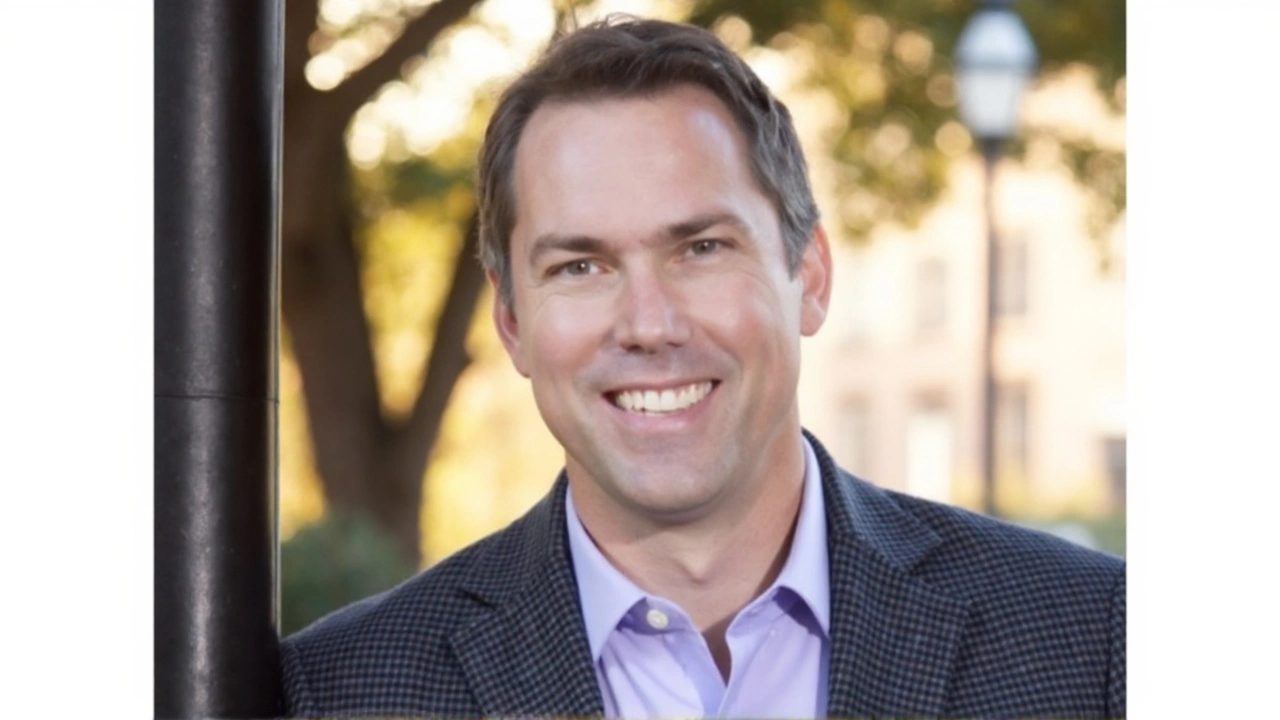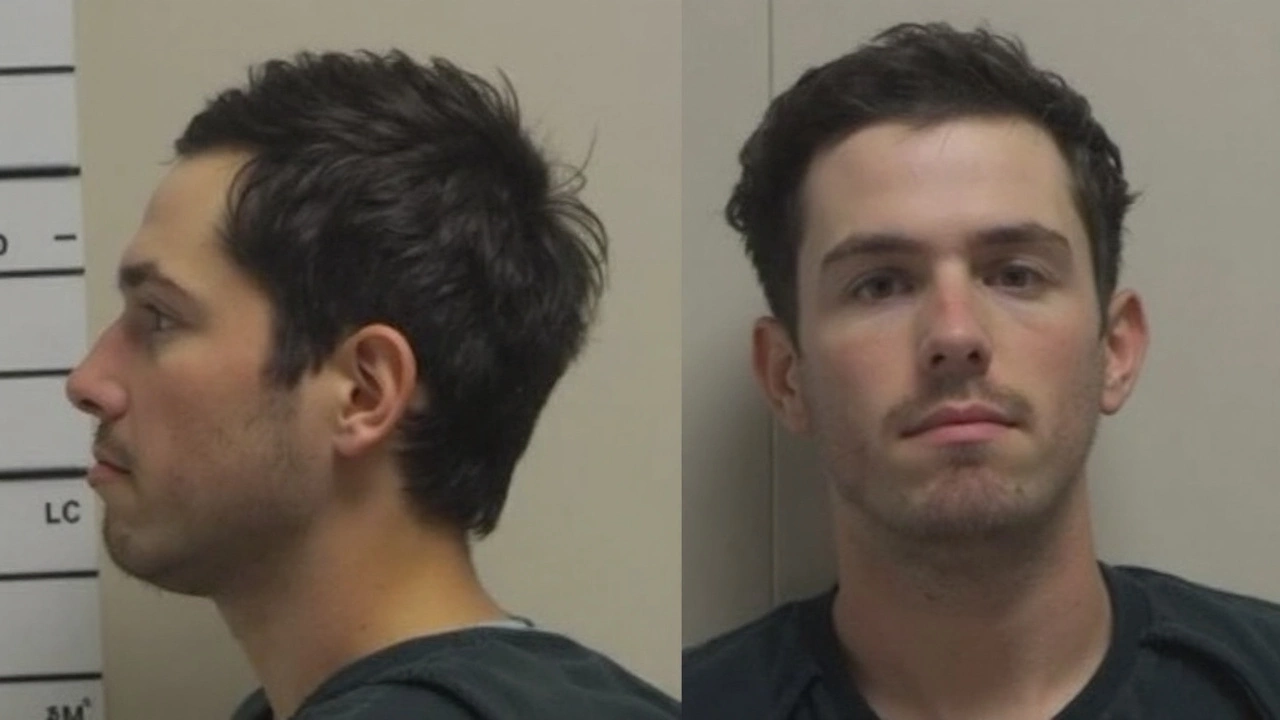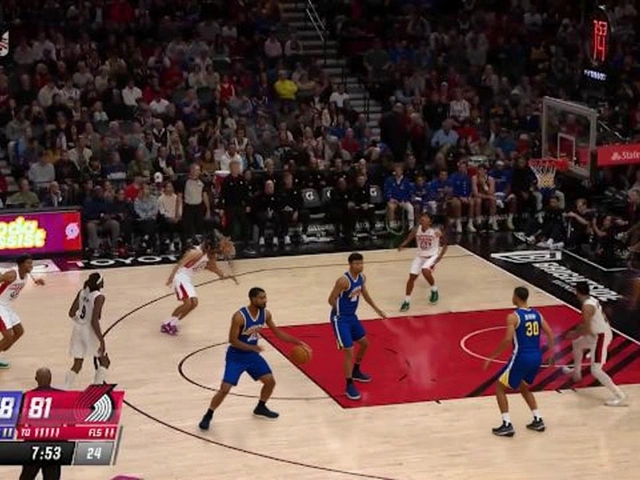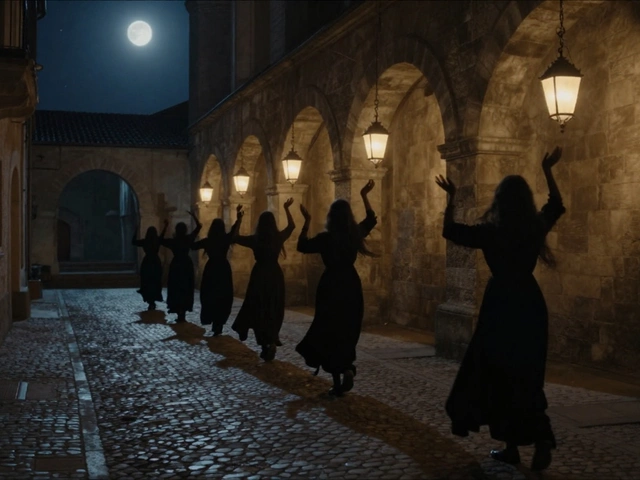 13
Sep,2025
13
Sep,2025
Eric Clarke steps down as Washington County Attorney
Eric Clarke is resigning as Washington County Attorney, creating a rare vacancy atop a high‑pressure legal office in one of Utah’s fastest‑growing counties. His departure was announced without a detailed public explanation, and no replacement has been named yet.
Washington County covers St. George, Hurricane, and a string of fast‑expanding communities along the I‑15 corridor. The county attorney’s office prosecutes felonies and select misdemeanors, advises county leaders on contracts and ordinances, defends the county in civil matters, and coordinates with police departments and state agencies. In a place adding residents and developments at a steady clip, that caseload and advisory work have only grown more complex.
Clarke’s exit raises immediate questions about continuity. Prosecutors don’t hit pause when a top lawyer leaves. Career deputies carry ongoing cases, and judges keep dockets moving. Day to day, victims and defendants should still see filings, hearings, and plea talks proceed. Expect the chief criminal deputy and senior staff to shoulder more oversight until an interim leader is appointed.
So who fills the seat? Under Utah’s vacancy rules for county offices, the county commission typically appoints an interim attorney who serves until voters pick someone in the next election. If the office is partisan under local rules, party leaders usually submit nominees for the commission to consider. The commission can also consider current deputies with management experience, outside candidates from neighboring jurisdictions, or former prosecutors who know the regional courts.
Washington County’s legal portfolio is broad. The office handles everything from violent crime and complex fraud to land‑use disputes, public records questions, and risk management. Growth adds twists: more traffic and tourism, more construction and water issues, and a bigger strain on the courts. The county attorney also coordinates with municipal prosecutors, the public defender’s office, and the 5th District Court to keep cases moving and reduce backlogs.
Leadership changes can ripple through that system. New top lawyers often review charging standards, plea policies, diversion programs, and how the office uses treatment courts for substance use or mental health. They might update victim‑services practices or adjust how prosecutors staff specialty units like major crimes or domestic violence. Those choices shape outcomes more than most people realize.
Recruiting and retention will be a big test for whoever steps in. Prosecutors’ offices in fast‑growing areas compete with private firms on pay and with larger counties on resources. Training young attorneys, keeping experienced ones, and avoiding burnout are constant concerns. An interim leader who steadies workloads and sets clear priorities can make a quick difference.
Budget season adds another layer. The county attorney’s team often argues for more investigators, discovery tools, and victim advocates. Defense attorneys push for parity. Judges want calendars that work. Commissioners balance it all against roads, water, and public safety needs. A leadership change right before budget decisions can reshape those talks.
A few practical things to watch in the weeks ahead:
- Interim appointment: Will the commission tap a veteran deputy or look outside?
- Policy signals: Any early memo on charging, plea offers, or diversion use?
- Staff moves: Do senior deputies shift roles to cover management gaps?
- Election timing: Will voters decide the permanent replacement soon, or will the interim serve for an extended stretch?
For residents, the headline is simple: prosecutions continue, the county still gets legal advice, and the courts keep moving. The bigger story is who sets the tone next—on public safety priorities, how the office treats victims, and how it manages the legal side of a county that isn’t slowing down.

What happens next, and why this office matters
Expect the commission to outline a timeline for applications and interviews, followed by a public vote on an interim appointment. Meanwhile, deputies will keep running cases, and county departments will lean on the civil division for contracts, procurement, and development issues.
The Washington County Attorney’s office sits at the crossroads of public safety and local government. It influences how quickly serious cases go to trial, how plea deals are crafted, how the county navigates growth, and how taxpayer risks are managed. Leadership at the top doesn’t try cases alone, but it sets priorities that hundreds of cases will follow.
Until more details are released about the departure, the practical focus will be on continuity—keeping victims informed, meeting speedy‑trial timelines, and avoiding bottlenecks as a new leader steps in. That’s where the next few weeks will either feel routine or reveal the early imprint of the county’s next top prosecutor.




